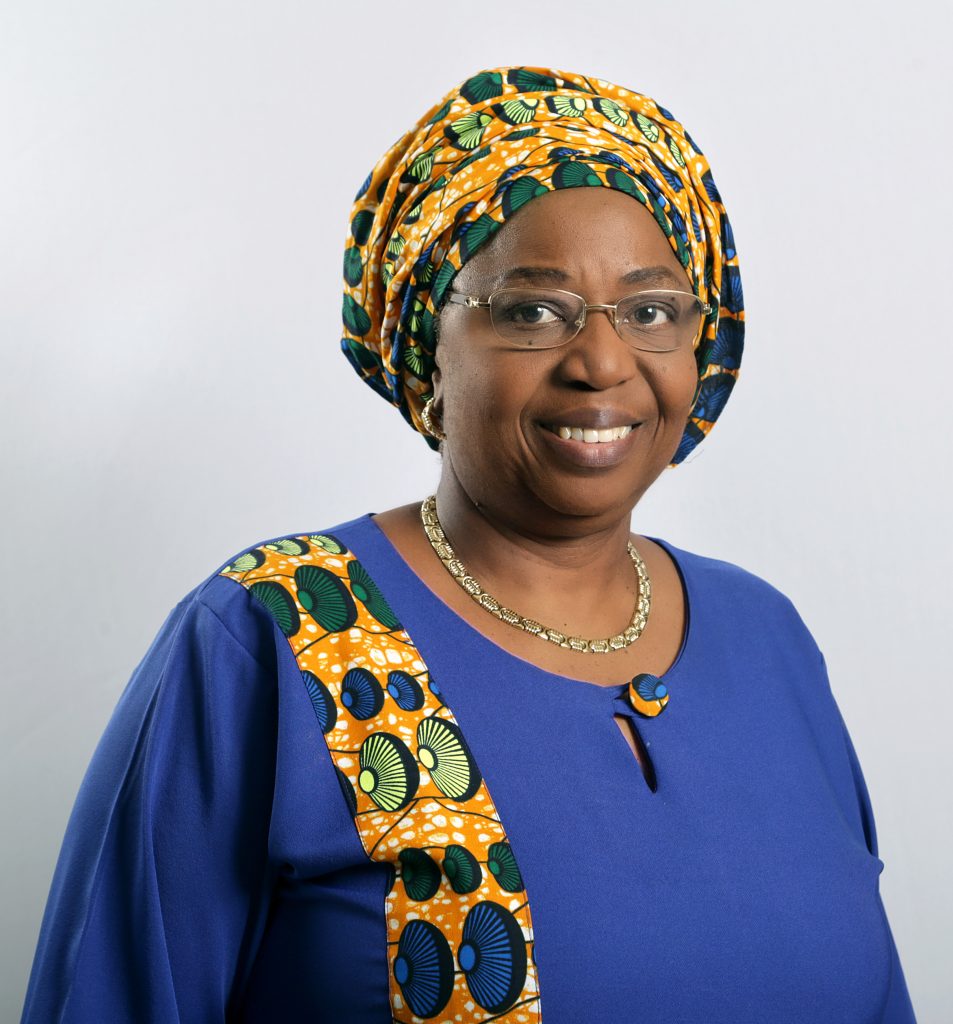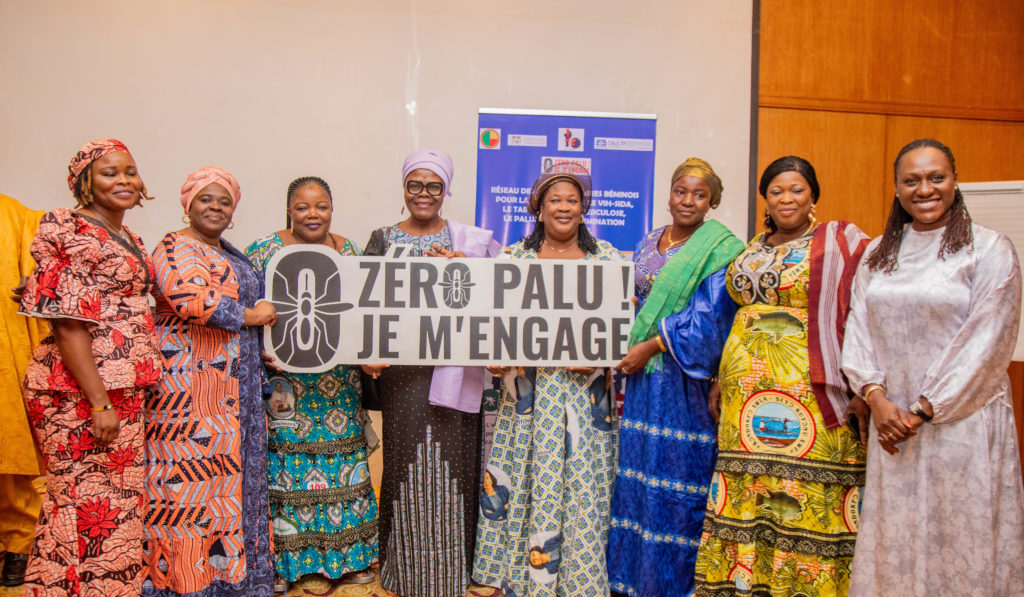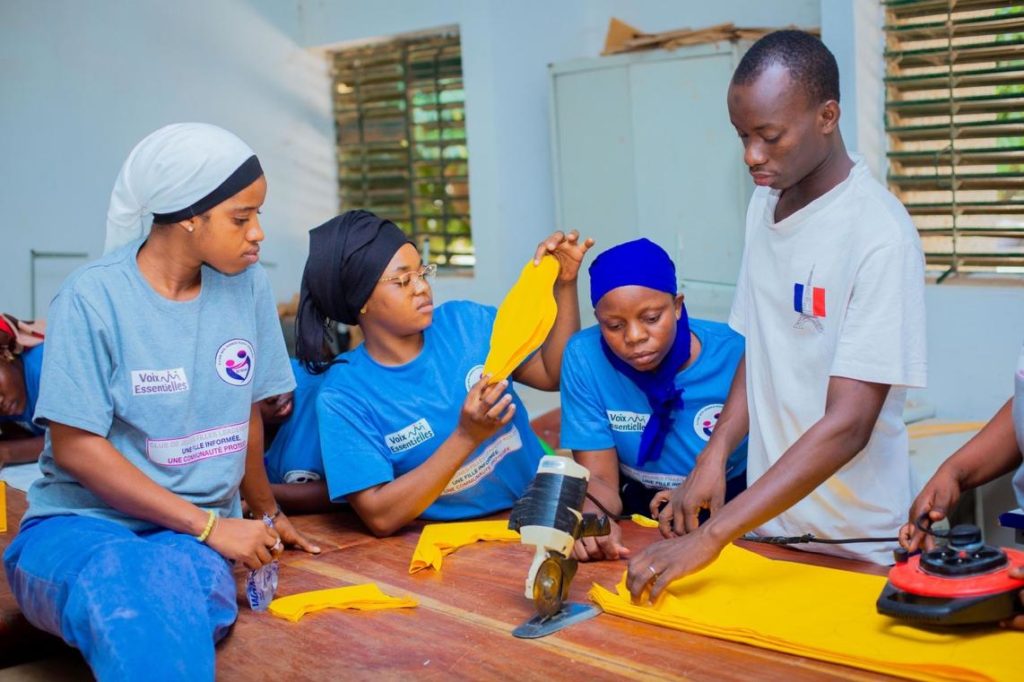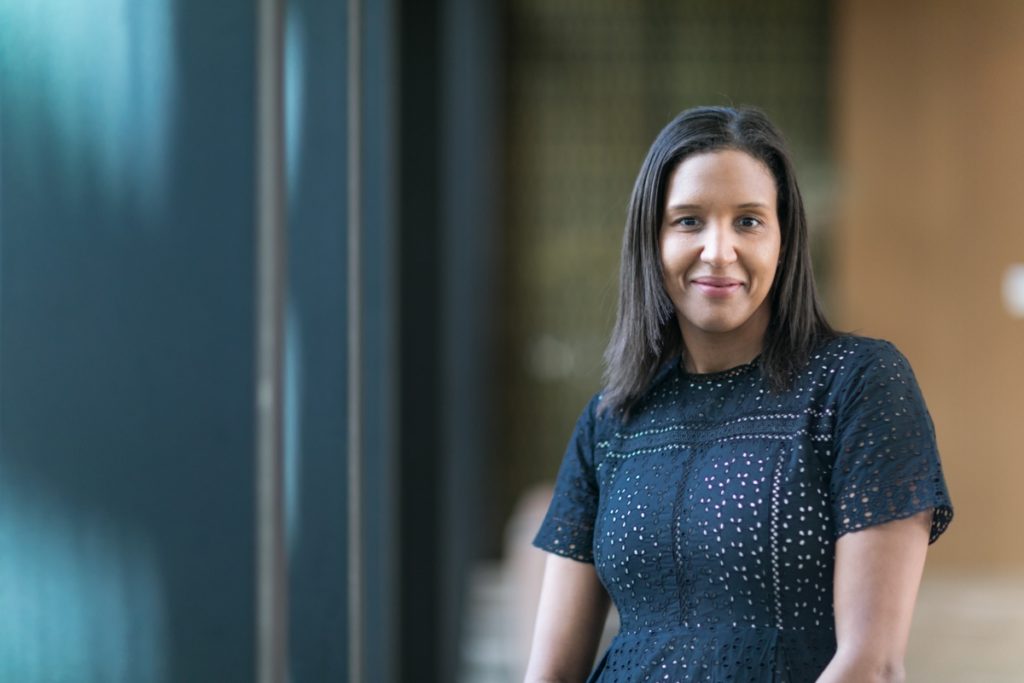Strengthening the African scientific community for the future of the continent

By Professor Awa Marie Coll-Seck, President of the Scientific Committee of the Forum Galien Afrique
This year the world faced a common enemy, as countries of all demographics and sizes locked down to fight the coronavirus. Whilst the African continent has known numerous epidemics and works tirelessly to beat long standing foes such as malaria, tuberculosis and HIV/AIDS, even we were not immune to the effects of the COVID-19 pandemic. To date, we have seen almost 2 million cases and 45,000 deaths, with the threat far from over.
Despite this danger, Africa’s response has been powerful. Responding quickly was critical, and we can be proud of the speed in which the African Union, the World Health Organization, national leaders, international organizations and civil society working in the field, scientists and communities reacted to this emerging enemy. Scientists worked hard to communicate information about this new unknown virus, yet we are plagued with another great virus, that of misinformation. This issue set’s our public health mission back, as inaccurate information and myths circulate online and within communities. So, the communication of credible, accurate information is all the more crucial to protect our continent.
This issue was not new to COVID-19 however, as the same can be said for immunization programs or preventative treatments against malaria. Our continent has long struggled with a mistrust of Western medical research, with many viewing vaccines as potentially harmful. The reality is something else altogether. How many infectious diseases like whooping cough, diphtheria and even measles have become uncommon or even exceptional in many African countries thanks to vaccination? In fact, innovations in medical research in recent years has led to incredible achievements for public health, with prevention and treatments for many public health problems laying the foundations for our strong health systems.
This year, the COVID-19 pandemic has shown us the need for factual, reliable scientific information. Whilst Africa carries almost 20% of the global burden of disease, our scientific output represents less than 1% of the world’s share. This situation must change! Since earning my medical degree in medicine from the University of Dakar many years ago, it has been a great honour of mine to have authored over 150 scientific publications on subjects such as malaria, measles, tetanus, typhoid, AIDS and cardiovascular diseases, following in the steps of our renowned teachers. Many generations have done even better beyond that, but it is still not enough! Having served as Minister of Health for Senegal on two occasions, I understand the importance for African scientists and health professionals to forge North-South partnerships but, above all, to work together to solve our greatest health challenges. Nevertheless, our governments and the African private sector need to support and fund scientific research. If we do not, we will not achieve our goal.
And there is much to celebrate. Across the continent, there are excellent scientists working on new, exciting innovations to help greatly improve public health. The 3rd Forum Galien Afrique will bring together a large number of renowned scientists and some of the most deserving young students from December 8 – 11th 2020 to discuss their research and innovative work in the field of healthcare. By ensuring that communities across Africa have access to accurate, and potentially life-saving information and innovations, we will be able to continue our progress in the fight for a fairer, more prosperous society, free from the burden of disease thanks to a resilient health system.
It’s not only today’s scientists that we must encourage, but our future talent too, particularly inspiring young women, as less than 30% of the world’s researchers are female. I strongly believe in the immense power of young people as changemakers, innovators and leaders. Africa has the youngest population on the planet, and by 2050, Africa’s youth population will increase by nearly 50 per cent, which can be an incredible opportunity for rapid social, economic and scientific transformation. To support young entrepreneurs to innovate in the field of health and become enablers of change, I am proud as President of the Scientific Committee of the Forum Galien to be taking part in launching the Africa Young Innovators for Health Awards 2021, which will seek to support young African entrepreneurs who are actively working on developing innovative solutions aiming to support the strategies put into place by healthcare workers within the framework of a community-driven and multidisciplinary approach. Our continent has so much to offer in the fight against both existing and emerging threats. Our scientists are talented, innovative, and extremely dedicated to help us defeat a whole range of enemies. It is critical that we both nourish and invest in Africa’s brightest minds, as when given the right support, Africa’s scientists can shape the continent’s research agenda and contribute to solving the world’s most pressing health issues.
Originally published on SciDev Dec. 8,2020.


